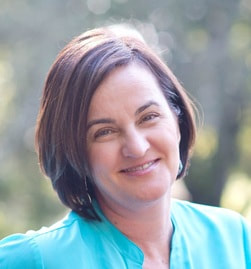
She appeared to brace herself though I calmly replied Jake seemed to be doing well. She sighed and relaxed. That’s what she wanted to hear. And that’s all I know to say. After all, given the symptoms of addiction—secrecy, lies and shame—how do any of us really know how our addicted loved ones are doing?
I’m working hard on rebuilding trust, reminding myself of healthy boundaries, and respecting Jake’s privacy.
Just before several recent holiday gatherings, I told my son if friends and family have questions about him, I’d redirect them to him. And they do ask.
“If we see him take a drink, should we go talk to him?” one relative asked me. Responses are still not automatic for me because many confusing concepts around addiction have taken me years to grasp. I pondered.
Jake may make risky decisions even with his extensive understanding of his addiction (and because of the symptoms of the disease) but he gets to choose his own life. And for the most part we need to stay out of it. Jake is 26 years old, an adult, financially independent, making his own decisions; his life is his business. If he wishes to discuss his recovery with the entire family or with friends, he will. Let him be the one to bring it up.
I responded, “Better to focus on your own life and give him the right and respect to live his, whatever the consequences. If you saw a diabetic eat a cupcake, would you tell him not to?” Some people have diabetes and some people have substance use disorders. These diseases are only a small part of who our loved ones are.
It’s been hard for me to learn that I need to live my life no matter what my son chooses to do with his. I’ve come to understand THAT is the most effective way to be supportive. My son is not a bad person trying to be good; he’s a sick person trying to get well. Knowing that turns criticism into compassion.
Still the questions come. A friend asked, “I want to be supportive to you. What’s the right thing to say or ask?” I thought for a long while before replying, “Just ask me how I’m doing.”

 RSS Feed
RSS Feed